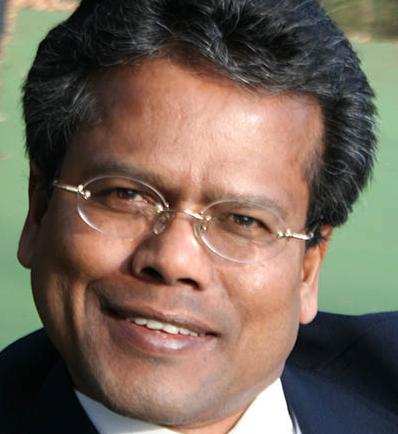Tomorrow, the world’s presidents, prime ministers, political royalty and assorted grandees will convene again at the World Economic Forum in Davos, Switzerland. It’s clear from a quick glance through the program that without being named, China is very much the topic du jour. There will be no fewer than five sessions dedicated to China’s future. No other country has more than one.
This is not surprising. With the United States’ recovery suspect, Japan continuing to stall and Europe and the UK apparently sliding into deeper recession, China’s economic future is of increasing concern to all. My own invitation apparently having gotten lost in the mail, I can only hope the session leaders present a clarifying picture about the outlook for China.
Because from what I can see, there seems to be more than a degree of skepticism about China’s potential. In fact, whatever lies in store for China, I detect a lot of what Germans call “schadenfreude” – or taking pleasure from others misfortunes – about the problems China must face in the future. I frequently get emails helpfully explaining that I am truly remiss for failing to see that China must eventually implode because of its many challenges.
On the rare occasion when I do respond, I gently inquire what it means for a country to implode. The sputtering answer I usually get is something about the country fracturing into warlord zones. This answer always makes me wonder if the person has been watching too many period piece kung fu movies.
To be clear about the matter, there actually have been times in its long history when parts of China were ruled by warlords. But it’s almost insulting to suggest that modern China would fall to that again. Is it ever asked whether western civilization might devolve back into a society of knights, serfs and fiefdoms?
I’m always left with the uncomfortable feeling that it is assumed other countries are too sophisticated and civilized for such fates to befall them, but China isn’t. Consider the incongruity of this: At the same time that much of the world fears China’s economic and technological progress, a subset of people think it’s believable that China might fall victim to a savage self butchering, as presumably images of imperial warriors battling Shaolin monks spring to mind. I’m reminded of an old Woody Allen quip about an illiterate peasant who couldn’t even write his own name but who somehow managed to defraud AT&T out of fifty million dollars. Woody could see humor in the absurd juxtaposition of contrasts (I believe the term is comedic irony), but these commentators are dead earnest. There’s no reason to think there’s any racism involved but it might well be chauvinism.
There’s no understating the enormity of the challenges facing incoming president Xi Jinping. I wouldn’t take his job for ten million bucks. (Though add two more zeros and we can talk.) It’d be one thing for naysayers to predict a market crash, a great depression or civil unrest, but there are two great leaps of logic that I find unsupportable in their predictions for the end of China.
The first is the assumption that its problems must necessarily wind up destroying the government of China. The second is that the fall of the government somehow means the end of China. I’m particularly incredulous about that second one. How often do countries entirely cease to exist? Even if the government of China were to fall for some reason, does it necessarily follow that Chinese civilization is lost? I, for one, am quite grateful for the fall of King George III’s government in North America and the rise of its successor.
Even a bourgeois capitalist like I am can give credit to China’s governing party where it’s undeniably due. China did not just luck upon a 30 year hitting streak. In fact, China has completely upended the model society of Karl Marx with its brand of market socialism. If the bearded bard of communism could know the extent to which China’s Communist Party has been selling off state assets, encouraging private enterprise and liberalizing markets, he’d be spinning in his grave. Serves him right.
The day may or may not come when the full panoply of rights and privileges available in the United States becomes available in China. But then we could also wonder if every one of those rights and privileges will ever be found in all western countries either. Personally, I doubt the latter.
If people wish to have meaningful discussions about the outlook for China, it would behoove them greatly to jettison the most fanciful notions about its future.
Michael Justin Lee, a lecturer in the Department of Finance and the Center for East Asian Studies at the University of Maryland, is author of the new book, “The Chinese Way to Wealth and Prosperity: 8 Timeless Strategies for Achieving Financial Success.” He is represented by the China Speakers Bureau. Website: http://www.michaeljustinlee.com.




